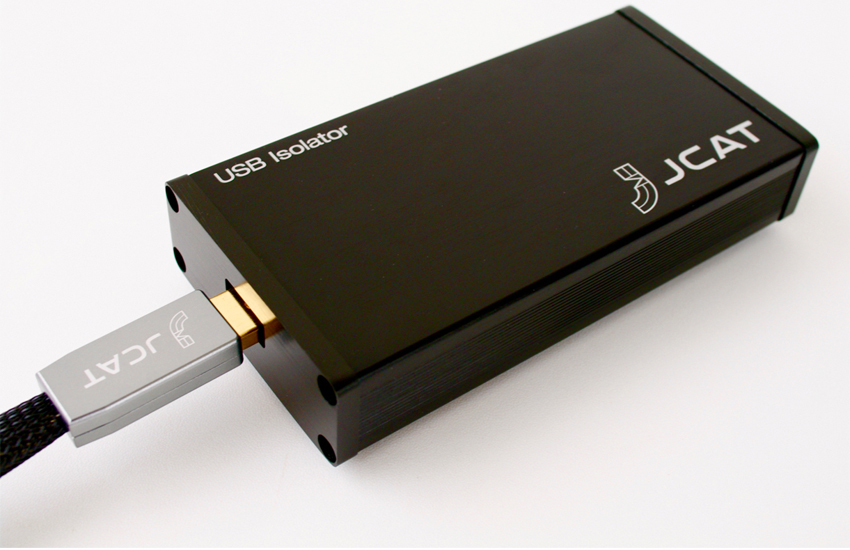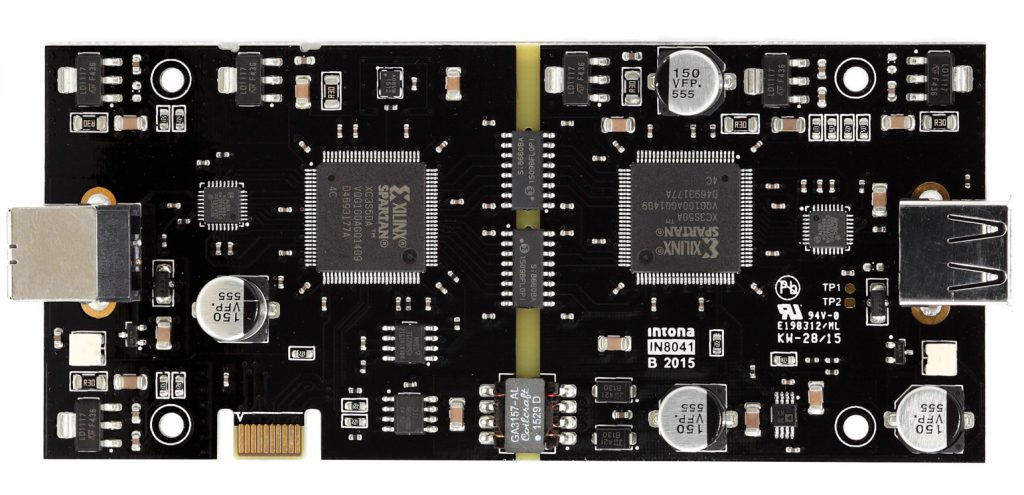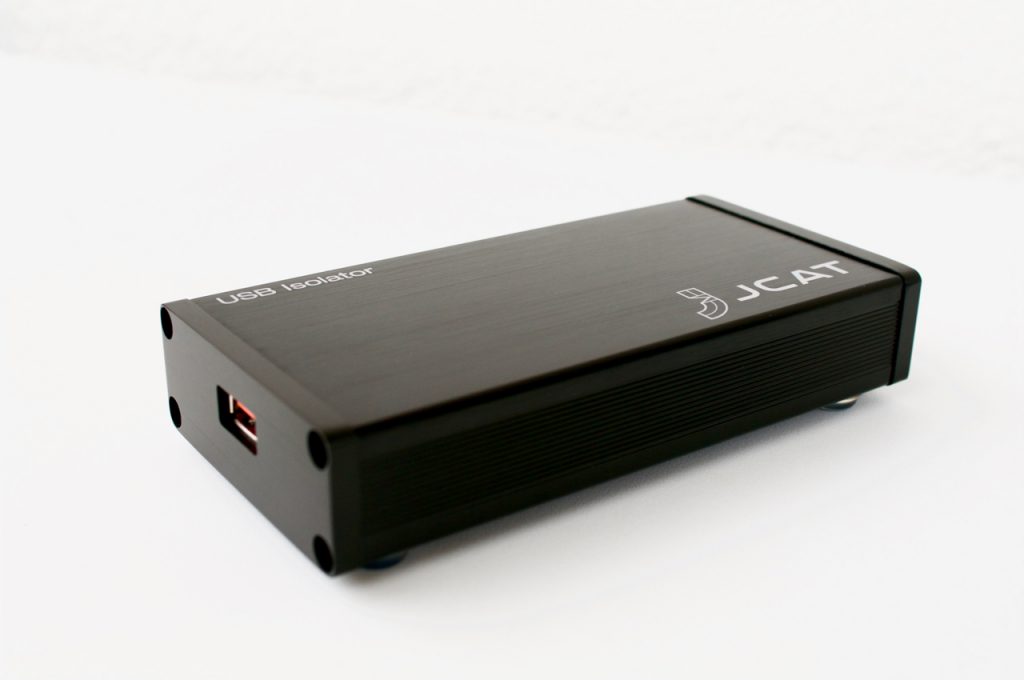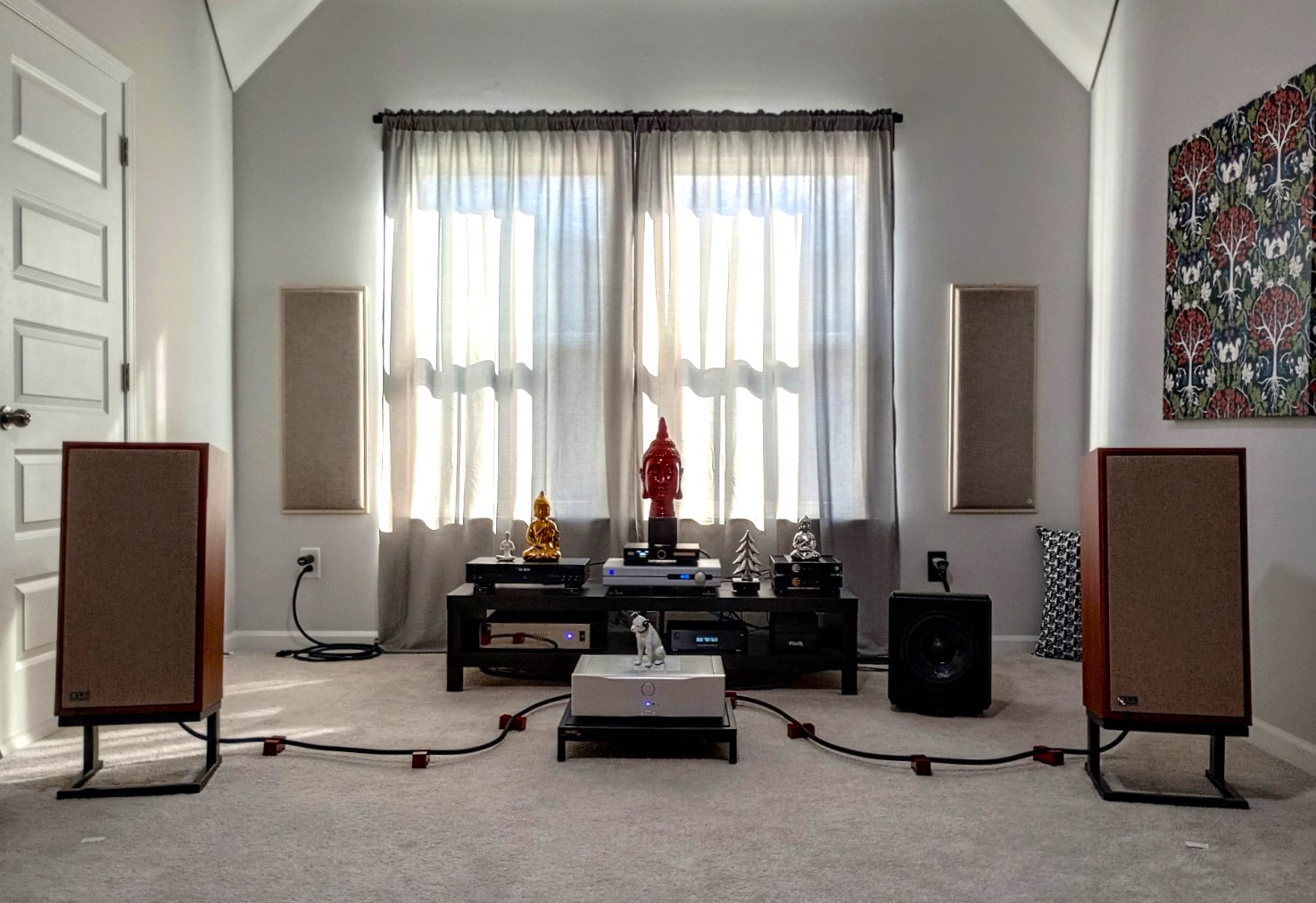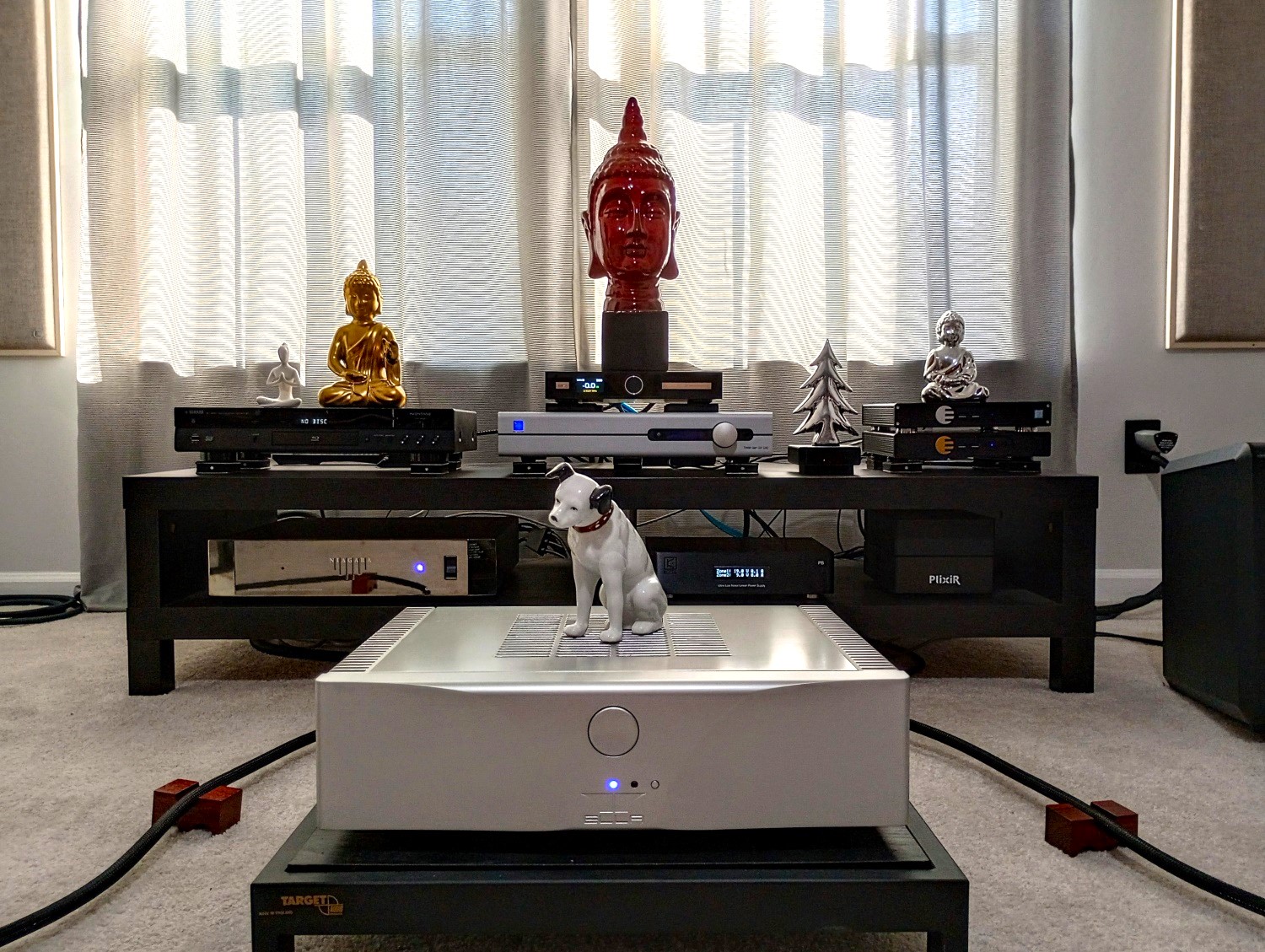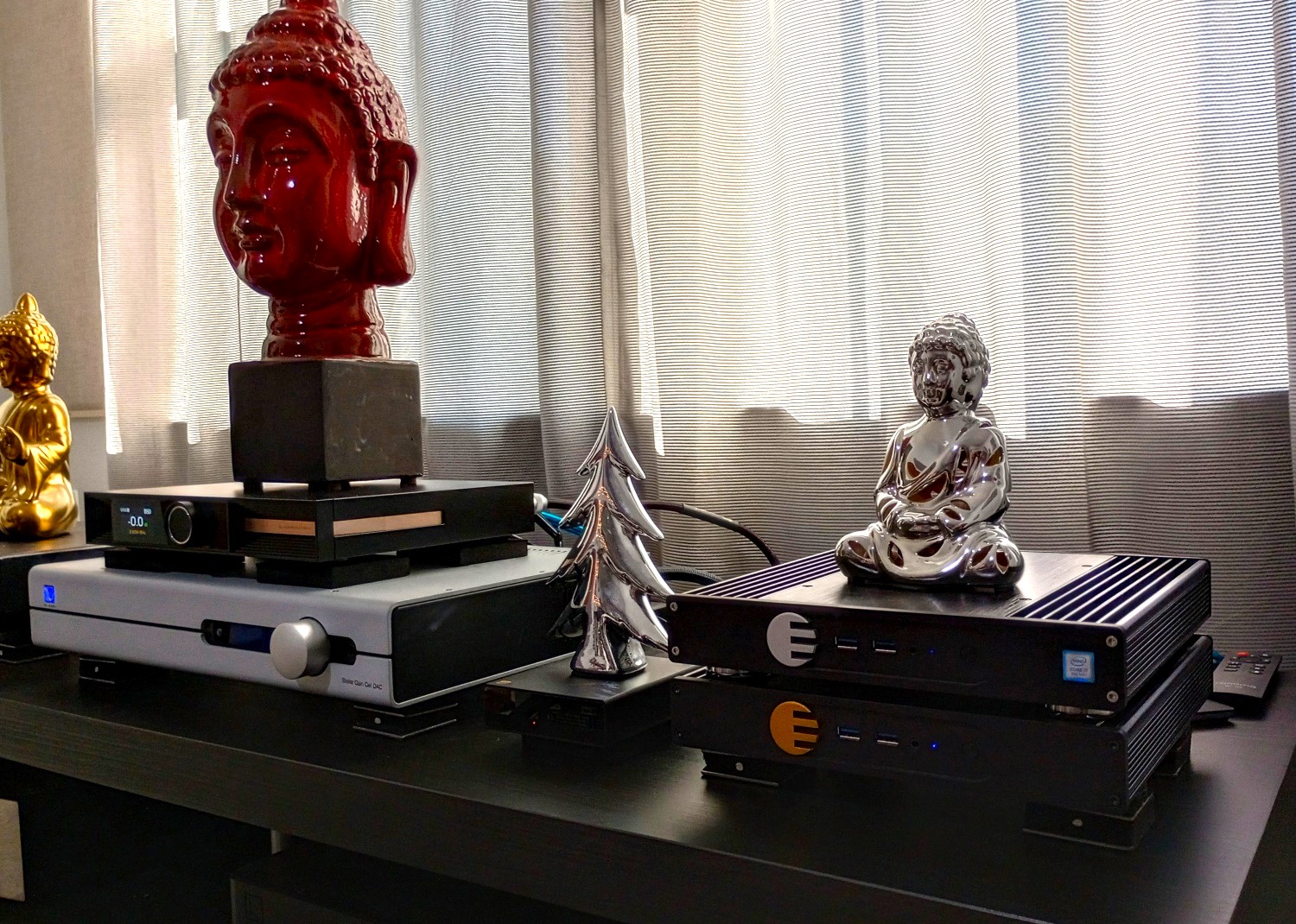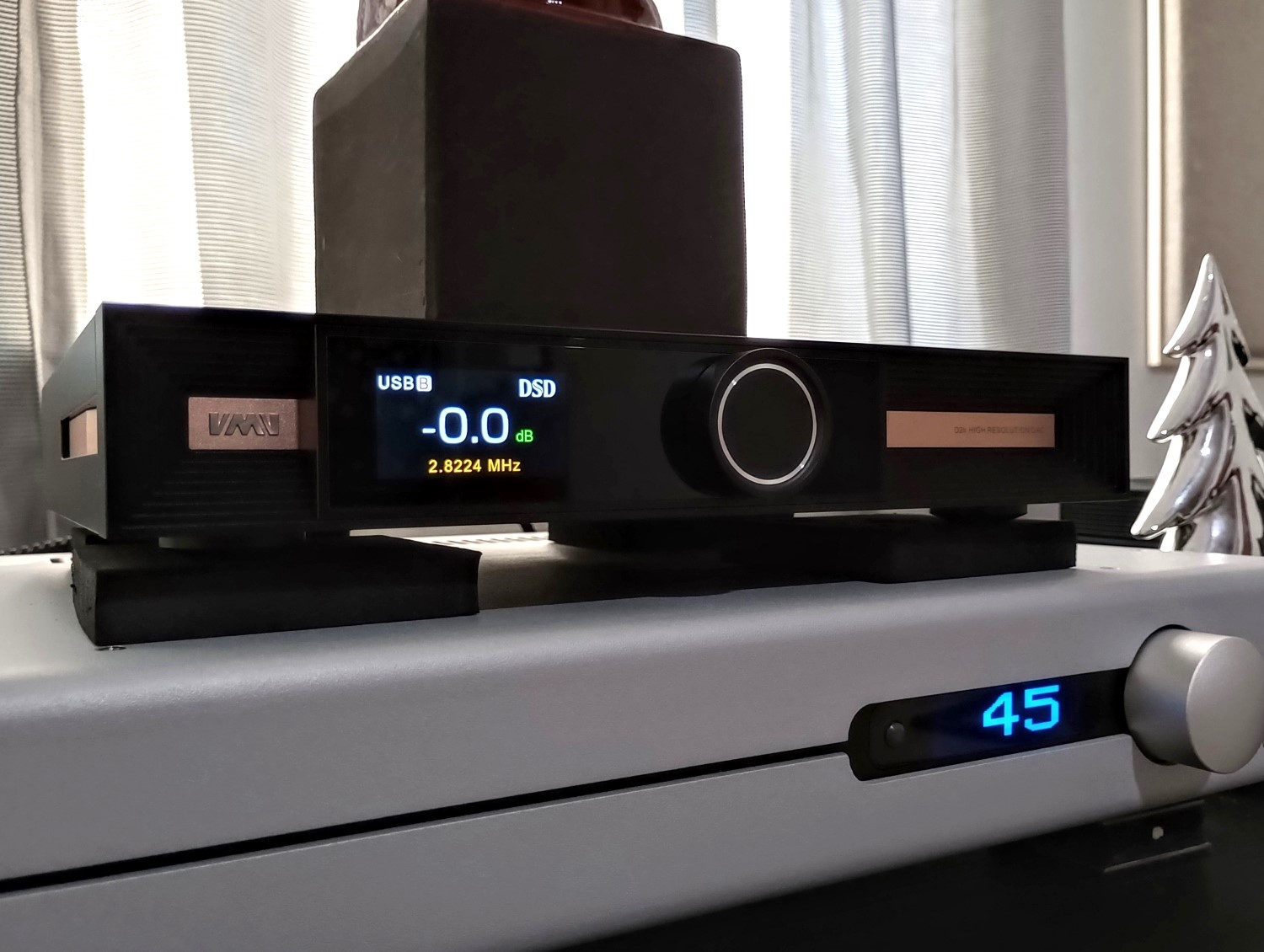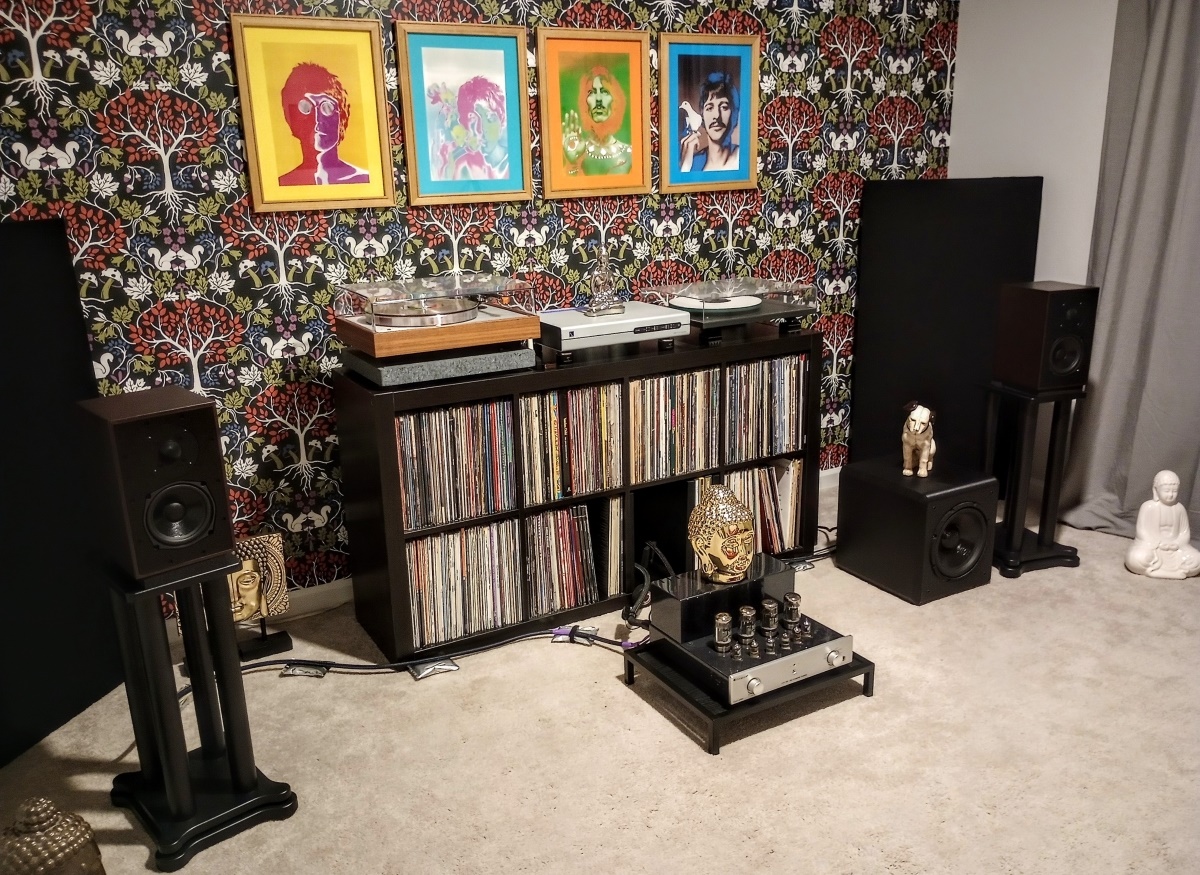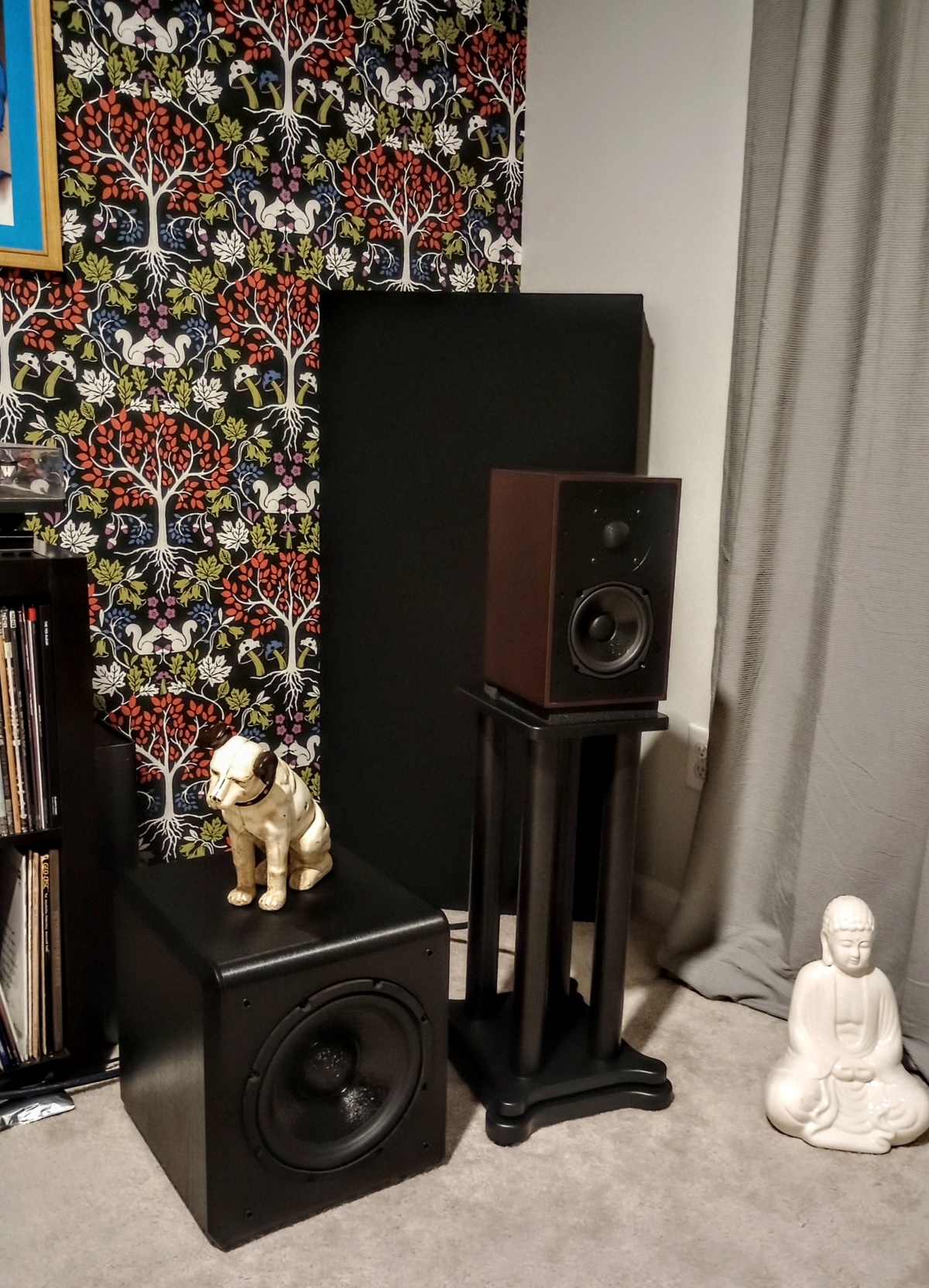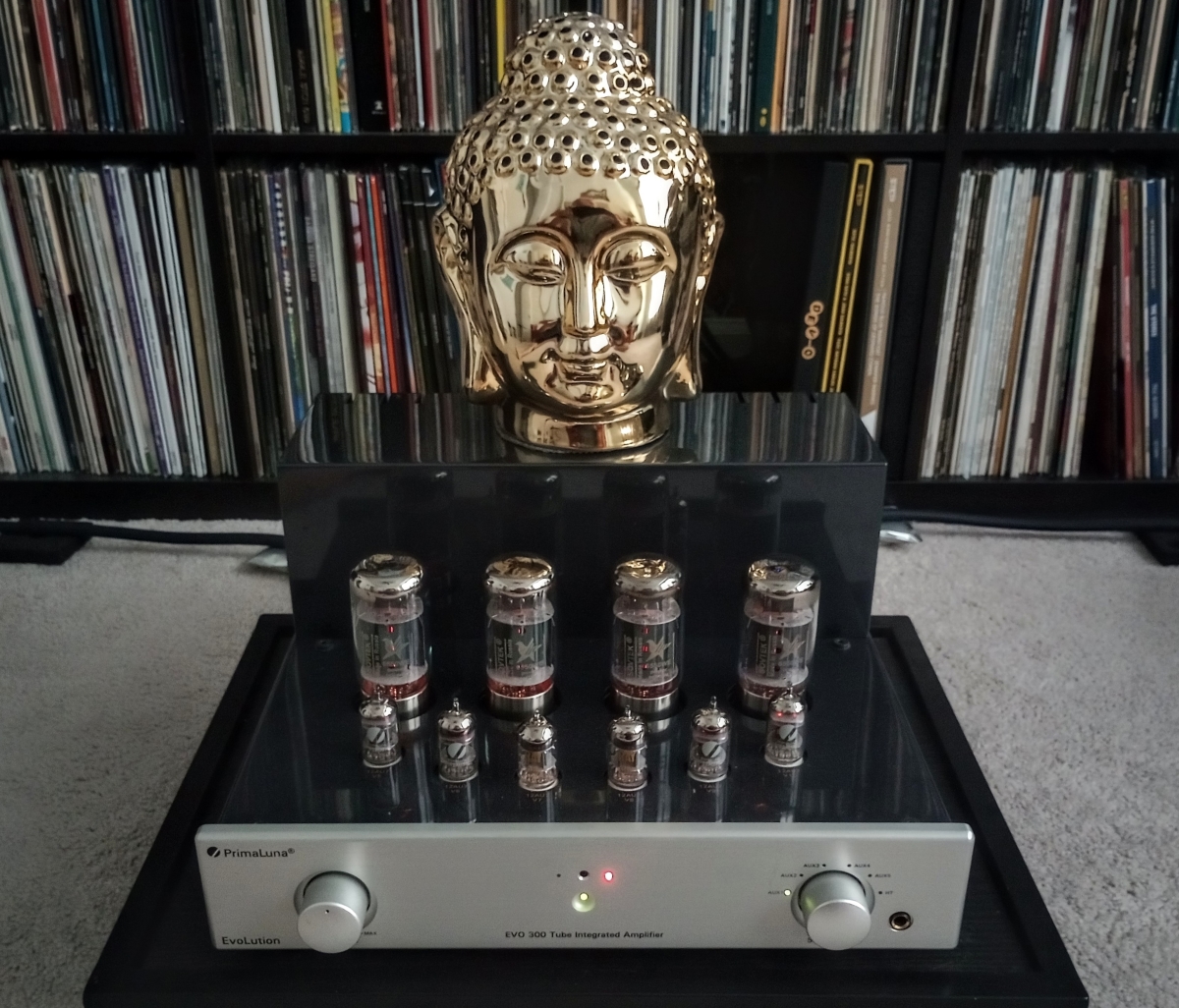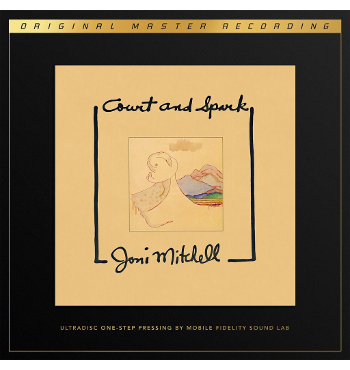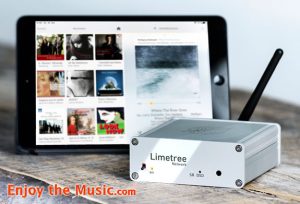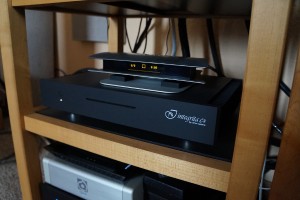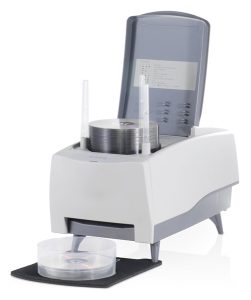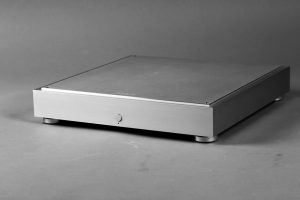I've been using JPLAY as my go-to computer-based music player/streamer for the last couple of years—it's without a doubt the very best bang-for-your-buck improvement for use with any PC music playback system. In my review of the Sonore microRendu last year, I found that music via my PC with JPLAY came darn close to matching the excellence of the Sonore stand-alone streamer used in combination with either Roon or a DLNA source. I frequently did an A/B with the microRendu and JPLAY, and was constantly amazed by JPLAY's ability to go toe-to-toe with a significantly more expensive streaming option. You can read my review of JPLAY HERE; even with a multitude of system upgrades over the last couple of years, JPLAY still offers ungimmicked and uncolored playback in my system, and it competes with the very best out there. And at the time of my review a couple of years ago, JPLAY was still considered by many to be "extremist," or perhaps "voodoo-ish" software; you can easily understand my trepidation with having any initial involvement. I now realize that it's a perfectionist product; very well designed and thought-out to simply minimize and streamline PC background processes to allow for better overall sound output. And for only about $100 USD, it's a remarkable value.
I'm very happy to remain in regular contact with Marcin Ostapowicz of JPLAY. Not long after my original JPLAY experience, he launched the JCAT brand of high-end computer audio accessories and devices. "JCAT" stands for JPLAY Computer Audio Transport, and JCAT offers equipment designed to enhance not only music systems that employ JPLAY, but any system with high-end aspirations. And when he told me about his new JCAT FEMTO Network Card—designed to install in your PC and go head-to-head with other streamers (like the micro and now UltraRendu)—I was really stoked, and totally onboard. Mother nature, however, had other plans; a massive lightning strike last year at my new home killed my recently completely rebuilt HTPC setup (along with a boatload of other computer and audio equipment). My chosen replacement ended up being a laptop that was acquired based on the insistence of Gordon Rankin, who assured me that it would prove superior for music playback to another box PC. At the time, I felt I was perhaps just settling for the laptop, but have since discovered it was, in many ways, the perfect choice for me.
However, because of the laptop's small form factor, it wouldn't work with the new JCAT Network Card. When I expressed my regret to Marcin, he offered me what he felt was an excellent alternative: the JCAT USB Isolator. Essentially a galvanic isolation device, the USB Isolator is designed to remove any noise present in the USB signal, using what JCAT touts as "the world's first industrial high speed USB Isolation technology from Intona". I have fairly extensive experience with AudioQuest's JitterBug variety of USB isolation, and while those devices are indeed effective, the JCAT unit offers isolation on steroids that can't even be approached by most isolation devices.
On initial inspection, it's a very impressive-looking piece of hardware that's encased in heavy aluminum; a far cry from German technology stalwart Intona's industrial version, which arrives in a plastic housing. Marcin suggests that the aluminum casing adds an additional layer of isolation; you'll get no argument from me on that account! The JCAT unit requires no external psu; its low-noise, linear regulator is powered entirely by the USB bus. A fairly complicated device, the active circuitry employs what is essentially a field programmable gate array (FPGA) that takes the incoming USB signal, regenerates and reclocks it prior to sending it on to your DAC. Intona's original design was intended for industrial markets, where very high quality USB signals were needed. Thankfully, the technology translates perfectly to the audiophile world. And the JCAT's FPGA lineage bodes well for any future firmware upgrades that might come along. This is one complex piece of kit, and its circuit board is more crowded with components than some boards I've seen on certain DACs!!
Unlike similar-looking USB devices that come with captive cabling attached, the JCAT device employs a pair of state-of-the-art, reinforced USB connectors at each end. This allows the user to basically "roll their own" USB cable choices; I ended up getting a pair of solid silver Pangea USB cables that have served me perfectly. I can't say enough good things about the quality of the USB connectors on the JCAT; my new PS Audio Gain Cell DAC that serves as my preamp/DAC combo has had a couple of issues with the USB B input connector. I generally have had no complaints whatsoever about any of the PSA equipment I've owned, but I sure as hell wish they had access to the same line of input connectors as JCAT does. It's the only thing that keeps me from loving the PS Audio unit completely—the USB B input connector just doesn't grip the cable firmly enough, and there's entirely too much play after making the connection. You'll have no such worries with the JCAT unit.
Ease of operation is also superb with the JCAT USB Isolator; there are no drivers required for installation or use, and the device works with every digital file type know to man. So no worries about any kind of obsolescence in the seemingly ever-changing world of digital music files; no problems with any level of PCM or DSD, and the JCAT works perfectly with MQA files streamed from Tidal. And as with so many USB devices, there's the ever-present worry that for some reason, everything might suddenly stop working, and probably due to the insertion of the device. I've had it plugged in interchangeably between the UltraRendu and the GCD (Gain Cell DAC), and also between my laptop and and the GCD when playing from JPLAY, with nary a hiccup over a number of months. The JCAT is a very elegant looking and well-made device, and it has worked perfectly in every configuration I've employed it in.
Right out of the box, the JCAT device made everything seem kind of cold and steely, so per my usual practice, I sent a nonstop stream of bass-and-sax-heavy jazz (lots of Monk) for about a week. After a week of so of warming up, the results spoke for themselves; everything—regardless of the source—took on a newfound clarity and ease that just wasn't there before. There was more air and space; textures were presented with greater definition—you could sense a more palpable presence of the performers and the recording venue. I'm still a big fan of vinyl playback, and the ProJect The Classic, turntable along with the Hana EL cartridge and Sutherland KC Vibe phono pre are giving me some of the best analogue sound I've ever experienced. But the presence of the JCAT USB Isolator in my system has definitely narrowed my perception of the gap between analogue and digital, and in a really big way!
JPLAY and JCAT equipment is aimed squarely at audiophiles (like me!) who eschew a single-box music server solution because 1) they're generally too expensive for what they are—a glorified, jacked-up computer, or 2) we're tinkerers by nature and love the hands-on aspects. By no means is the JCAT USB Isolator a magic bullet—there's no free lunch and no sow's ear-to-silk purse analogies here. The price point JCAT technology sells for at least guarantees that nobody who buys one will hook it up to a 15-year-old HP box running Windows XP and expect night and day difference. But at the performance level of equipment this device is likely to be inserted into—it will make a definite difference in the sound quality you're getting. Nothing I've hooked this baby up to hasn't benefited from its presence in the signal path—even the off-the-charts good Sonore UltraRendu that's currently in my system. The effect isn't subtle—inserting the JCAT USB Isolator results in deeper, blacker backgrounds with zero noise at any volume level; if you're hearing noise during playback, it's in the recording. Worth every penny and very highly recommended.
JCAT USB Isolator
Retail: $423
JCAT
Images courtesy of JCAT




